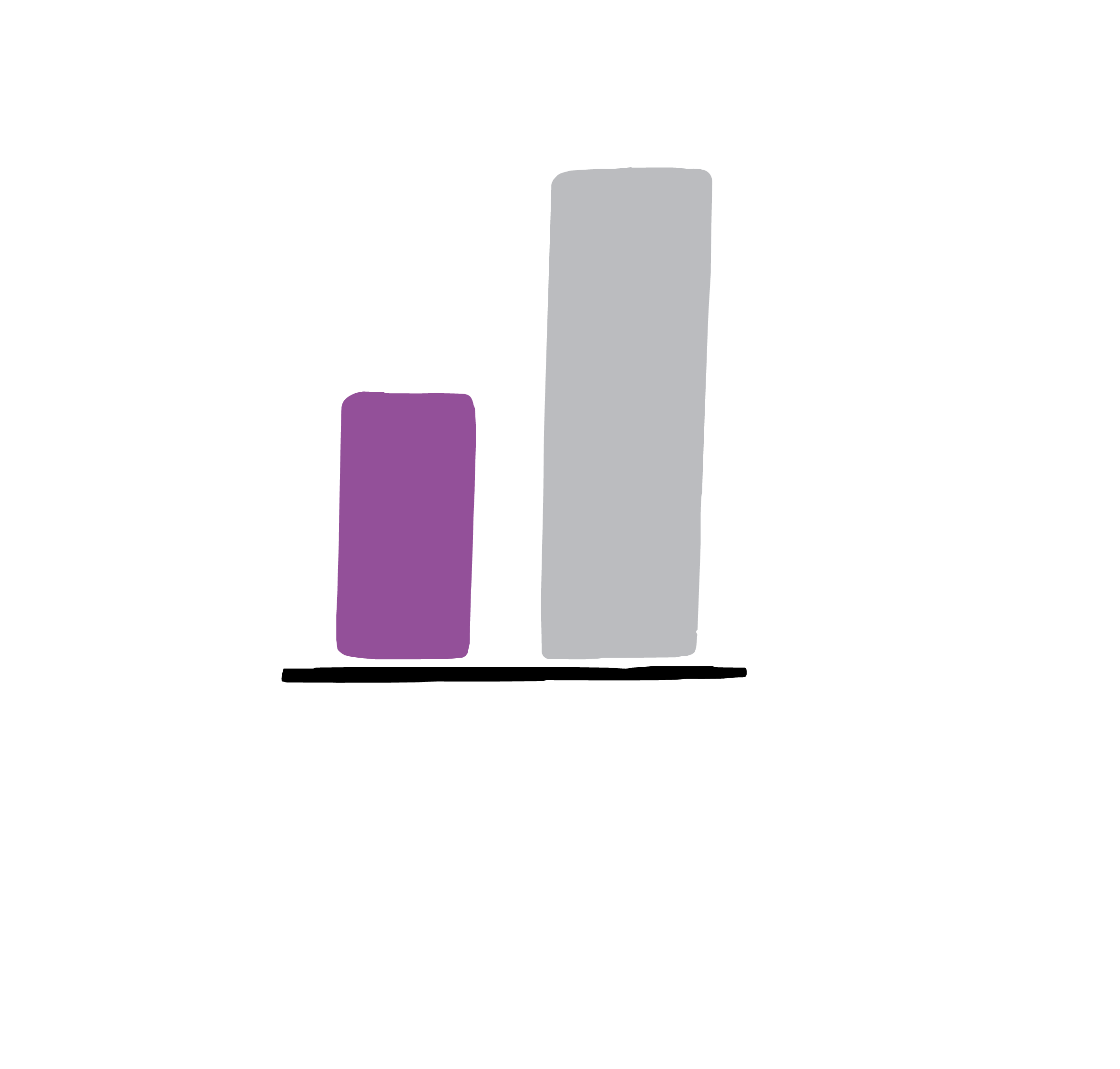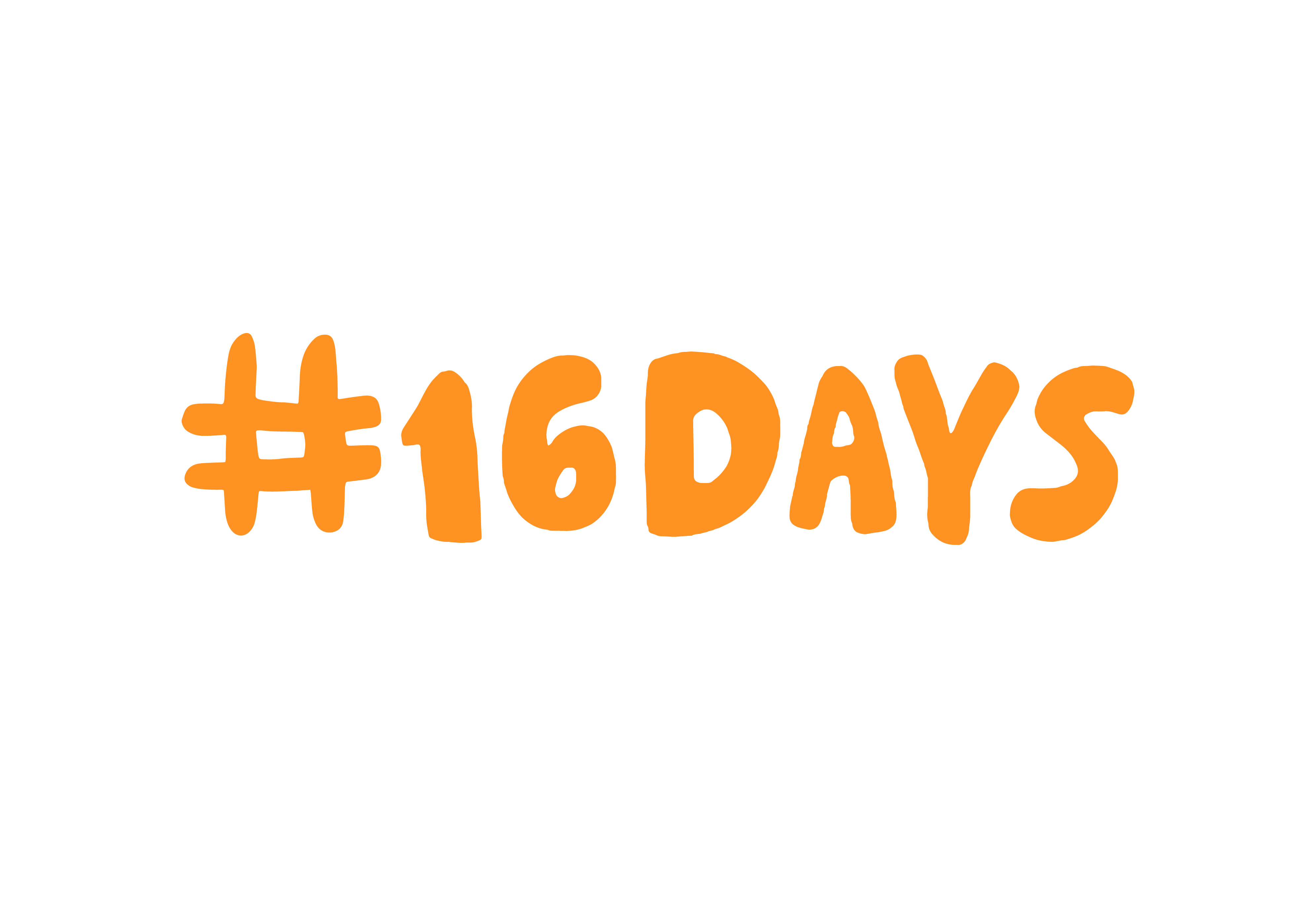Gender-based violence data resources

Updated November 2023
Every year in November, people from around the world unite, mobilise, and take action to prevent gender-based violence, as part of the 16 Days of Activism. The importance of this work is critical - every hour, 5 women or girls are killed by someone in their family.
The combination of climate change, global conflict, and economic instability has resulted in an increase in gender-based violence. In the face of heightened backlash towards women's rights and gender equality, feminist, activists, and civil society have continued to lead the movement to end one of the most persistent violations of human rights.
Gender-based violence is entirely preventable, and gender data plays a critical role in responding to, preventing, and eliminating gender-based violence in all its forms.
This list of data resources provides an evidence base to challenge discriminatory attitudes and behaviours, foster gender equality, and take action to prevent gender-based violence.
Gender-related killings of women and girls:
Improving data to improve responses to femicide/feminicide

This research paper features policy recommendations to support comprehensive and multisectoral approaches to prevent and address gender-related killings and other forms of gender-based violence against women and girls.

The available evidence shows that there has been too little progress in preventing gender-related killings of women and girls. Concerted, urgent action is needed, to improve the knowledge base and strengthen responses to gender-related killings and other forms of gender-based violence against women and girls.
Data against feminicide

Data Against Feminicide is a collaboration between Catherine D’Ignazio (Data + Feminism Lab @ MIT), Silvana Fumega (ILDA) and Helena Suárez Val (Feminicidio Uruguay). The aim of the project is to foster an international community of practice around feminicide data, develop tools to support the collection of feminicide data from media sources, and support efforts to standardise the production of feminicide data where appropriate.

The Data Against Feminicide 2021 event explored how technology can support feminicide data practices, and whether an algorithm can learn to detect feminicides. Watch the recording of the event.
The Data Against Feminicide 2022 event focused on the intersection between artistic practices and data for the visibility of gender violence and feminicide. Watch the recording of the event.
Thematic Area Dashboard

The UN Women Thematic Area Dashboard allows you to explore data on key areas including violence against women. The dashboard has data on six indicators including female genital mutilation/cutting, intimate partner violence, non-partner sexual violence, attitudes, child marriage and trafficking.
COVID-19 and violence against women:
The evidence behind the talk

The COVID-19 pandemic has disrupted the way in which gender-based violence data can be collected, as many face-to-face surveys were no longer possible due to social distancing measures. To overcome these challenges, UN Women conducted analysis of big data in eight Asian countries.

The analysis identified trends from data generated across social media platforms and search engines. In particular, big data on people’s search behaviour on violence against women-related topics. This study provides proxy information that shines a light on whether violence against women and girls increased since the onset of COVID-19.
kNOwVAWdata

In light of increasing demand for more accurate, reliable and comparable violence against women (VAW) prevalence data, kNOwVAWdata provides technical support and capacity building, enabling countries to undertake VAW prevalence studies in an ethical and scientifically robust way.

kNOwVAWdata is an initiative by UNFPA and the Australian Department of Foreign Affairs and Trade to support and strengthen regional and national capacity to measure violence against women in Asia and the Pacific.
Gender data kit – Cosas de Mujeres

Ladysmith’s Gender Data Kit is a set of technologies, feminist methods, and resources for gender data projects. This includes Cosas de Mujeres, a WhatsApp-supported platform to connect women with services to prevent and respond to gender-based violence.
Cosas de Mujeres also generates actionable data that paints a picture of women's experiences of gender-based violence (GBV) in the context of mass migration and armed conflict.
Global database on prevalence of violence against women

The World Health Organisation's Global Database on Prevalence of Violence against Women is a comprehensive database on the prevalence of the two most common forms of violence against women globally: intimate partner violence and non-partner sexual violence.

This interactive data visualisation platform presents the first global, regional and country/area estimates on intimate partner violence, as well as global and regional estimates on non-partner sexual violence. These estimates draw on representative surveys and studies conducted between 2000-2018 from 161 countries and areas.
Measuring the shadow pandemic:
Violence against women during COVID-19 report

To mark the beginning of the 16 Days of Activism Against Gender-Based Vioence in 2021, UN Women launched the "Measuring the shadow pandemic: Violence against women during COVID-19" report.
Findings from the Women Count report reveals that women are feeling less safe at home, and emerging data from 13 countries confirms that the COVID-19 pandemic has resulted in a shadow pandemic of violence against women.
Equality Insights is a gender data program delivered by the International Women’s Development Agency (IWDA). We collect and use inclusive data to drive progress on gender equality and inspire social change. Stay up-to-date with our work by following us on Twitter, LinkedIn, or subscribing to the newsletter.

